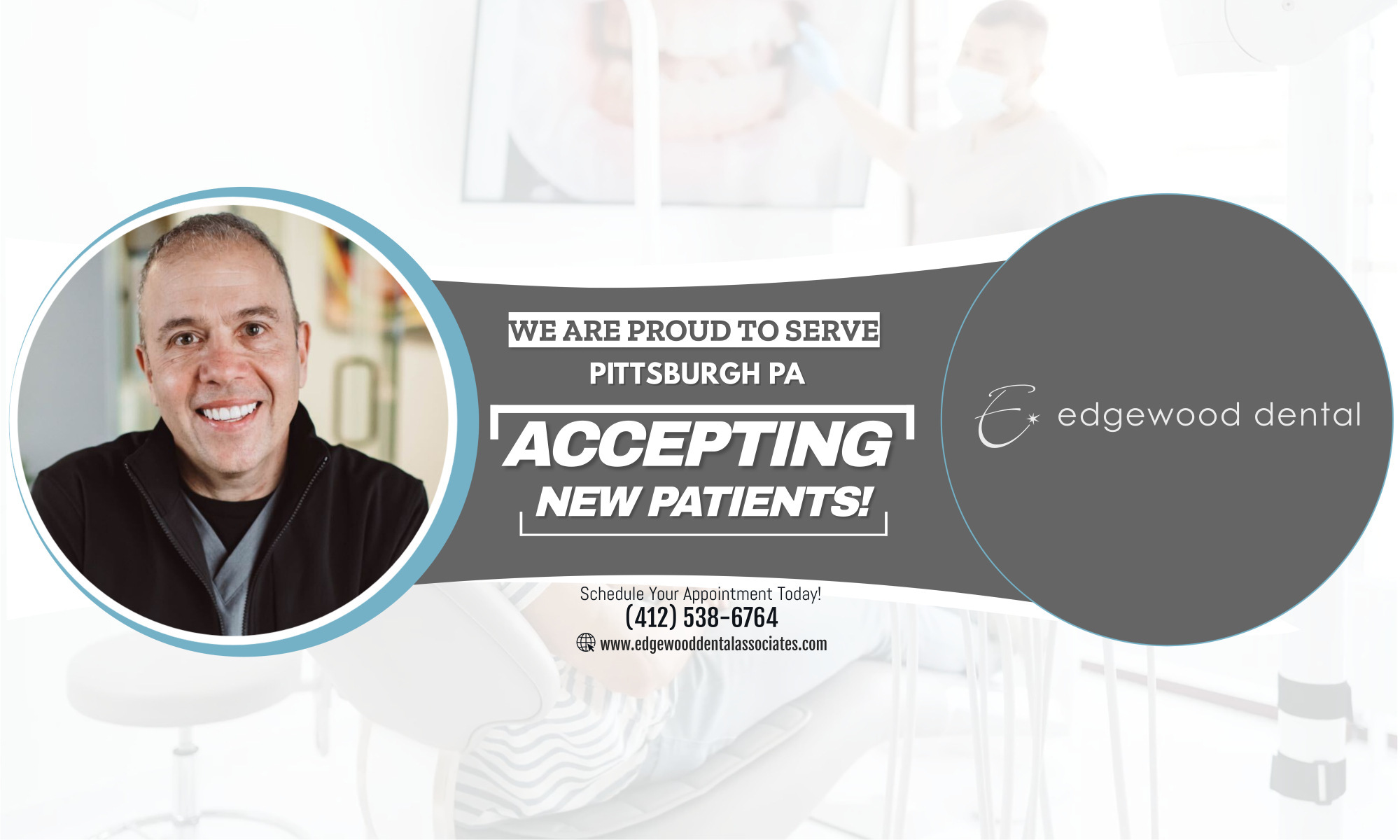If your saliva flow is reduced, this can cause dry mouth which often leads to increased tooth and gum problems.
Dry mouth known as xerostomia – is a common problem especially among older adults. Its caused by certain medical disorders and is often a side effect of medications such as antihistamines, decongestants, pain killers and diuretics.
The common problems associated with dry mouth include:
– Constant sore throat
– Burning sensation
– Problems speaking
– Difficulty swallowing
– Hoarseness or dry nasal passages
When there is not enough saliva to lubricate your mouth, wash away food and neutralize the acids produced by plaque, there is a risk of extensive tooth decay.
If you are at risk from this condition, your dentist can recommend various methods to restore moisture.
For example, sugar-free candy or gum stimulates saliva flow, and moisture can be replaced by using artificial saliva and oral rinses.
As dry mouth is a potential side effect of many prescribed and over-the-counter medications it is a very common problem.
These medications can include antihistamines, decongestants, painkillers, high blood pressure medications, muscle relaxants, drugs for urinary incontinence, Parkinsons disease medications, antidepressants and many others.
Fortunately there are many simple solutions available to reduce the risk to your oral health caused by dry mouth so talk to your dentist if you are on any kind of medication or you feel you may be at risk from this issue.
